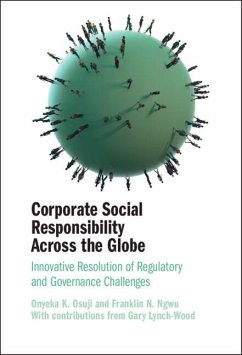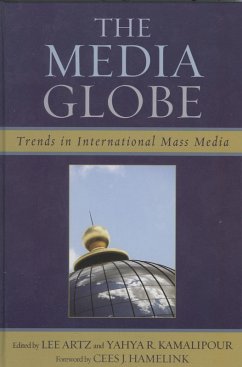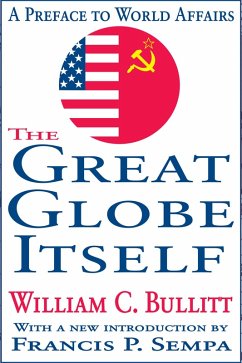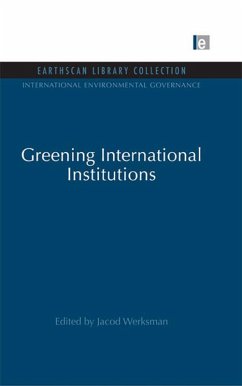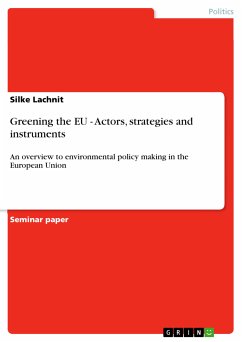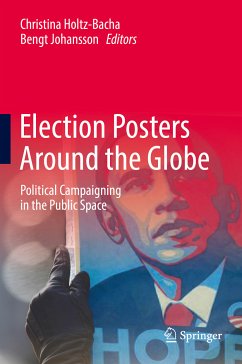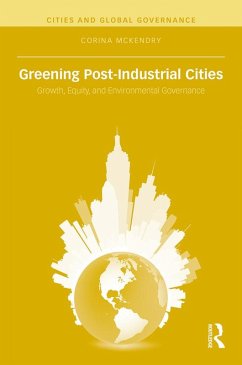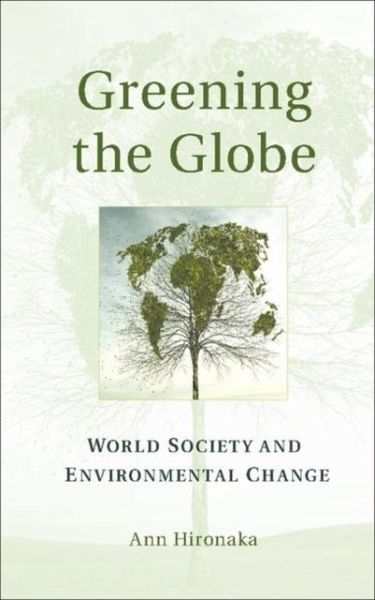
Greening the Globe (eBook, PDF)
World Society and Environmental Change
Versandkostenfrei!
Sofort per Download lieferbar
21,95 €
inkl. MwSt.
Weitere Ausgaben:

PAYBACK Punkte
11 °P sammeln!
Recent decades have seen a rapid expansion of environmental activity in the world, including the signing of a growing number of environmental treaties and the formation of international organizations like the United Nations Environment Programme (UNEP). Greening the Globe employs world society theory (aka world polity theory or sociological institutionalism) to explore the origins and consequences of international efforts to address environmental problems. Existing scholarship seems paradoxical: case studies frequently criticize treaties and regulatory structures as weak and ineffective, yet s...
Recent decades have seen a rapid expansion of environmental activity in the world, including the signing of a growing number of environmental treaties and the formation of international organizations like the United Nations Environment Programme (UNEP). Greening the Globe employs world society theory (aka world polity theory or sociological institutionalism) to explore the origins and consequences of international efforts to address environmental problems. Existing scholarship seems paradoxical: case studies frequently criticize treaties and regulatory structures as weak and ineffective, yet statistical studies find improvements in environmental conditions. This book addresses this paradox by articulating a bee-swarm model of social change. International institutions rarely command the power or resources to directly impose social change. Nevertheless, they have recourse via indirect mechanisms: setting agendas, empowering various pro-environmental agents, and propagating new cultural meanings and norms. As a result, world society generates social change even if formal institutional mechanisms and sanctions are weak.
Dieser Download kann aus rechtlichen Gründen nur mit Rechnungsadresse in A, B, BG, CY, CZ, D, DK, EW, E, FIN, F, GR, HR, H, IRL, I, LT, L, LR, M, NL, PL, P, R, S, SLO, SK ausgeliefert werden.





